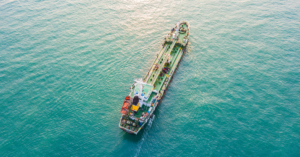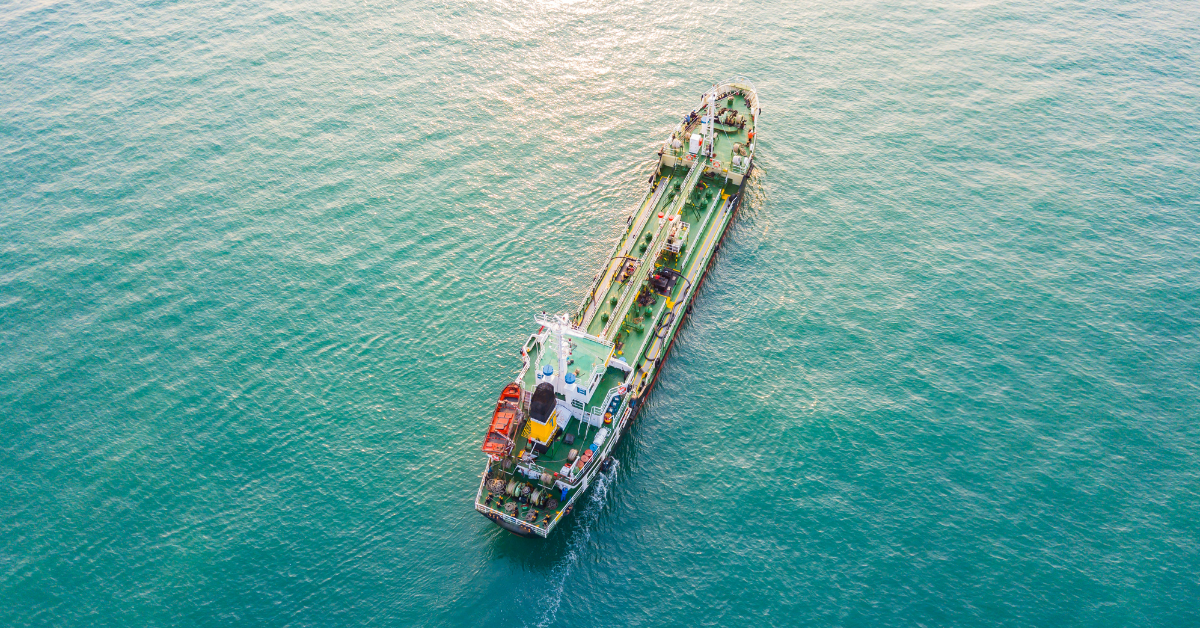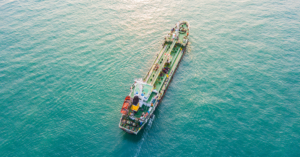
Indian Navy’s First Next-Gen Missile Vessel Construction Begins At Cochin Shipyard
December 19, 2024
Watch: Israel Strikes Yemen’s Ports & Energy Facilities In Retaliation For Houthi Attacks
December 20, 2024

The United States has imposed fresh sanctions on four entities and three ships involved in the trade of Iranian petroleum and petrochemical products.
The revenue collected from these trades is a major source of funding for Iran’s nuclear program, ballistic missile development and the funding of groups such as Hamas, Hezbollah, and the Houthis.
The sanctions issued under Executive Order 13902, target companies and vessels that facilitate Iran’s oil trade. These measures aim to cut off critical revenue streams that fund Iran’s destabilising activities.
Vessels transporting Iranian oil often use deceptive practices to hide their activities, like switching off automated identification systems (AIS) and conducting ship-to-ship transfers.
These practices violate maritime regulations and pose risks to global shipping.
The MS ENOLA, a Djibouti-flagged crude oil tanker owned by Marshall Islands-based Journey Investment company, has been involved in transporting Iranian oil for years.
It recently received millions of barrels of Iranian oil through a ship-to-ship transfer from the National Iranian Tanker Company’s DINO I, a tanker already under sanctions.
Rose Shipping Limited, a company registered in Greece and Liberia, manages the MS ENOLA and two other vessels, the MS ANGIA and MS MELENIA, both of which have also been linked to illegal oil shipments.
The MS ANGIA is owned by Passada Maritime Limited, another Marshall Islands-based entity.
The Treasury Department also sanctioned Hong Kong-based Master Joint Co. Ltd, which worked with Triliance Petrochemical Company to coordinate the sale of Iranian petrochemicals.
Triliance Petrochemical Company was previously sanctioned in 2020 for supporting the National Iranian Oil Company.
The State Department has also taken action against Hong Kong-based Brecalin Hong Kong Co Ltd, India-based Atlantic Navigation OPC Private Limited, Suriname-based Galaxy Management NV, and Seychelles-based Shiny Sails Shipping Ltd.
These entities were involved in the purchase, sale, and transport of Iranian petroleum.
Several vessels linked to these companies, including the AVITAL, ELIZA II, PROGRESS V, SCORPIUS, TASCA, and VIGOR, were identified as property connected to sanctioned entities.
The Office of Foreign Assets Control (OFAC) has issued guidance to the maritime industry and recommended due diligence practices.
This includes identifying deceptive tactics such as disabling AIS, falsifying cargo documentation, and conducting ship-to-ship transfers in remote areas.
Bradley T. Smith, Acting Under Secretary for Terrorism and Financial Intelligence, said that the U.S. is determined to disrupt Iran’s use of shadowy networks to fund its nuclear program and other destabilising activities.
The U.S. warned about the risks posed by the older and poorly maintained vessels often used in Iran’s shadow fleet. These ships operate outside standard maritime safety regulations, creating hazardous conditions for global shipping.
Reference: US Department of Treasury
Source: Maritime Shipping News


